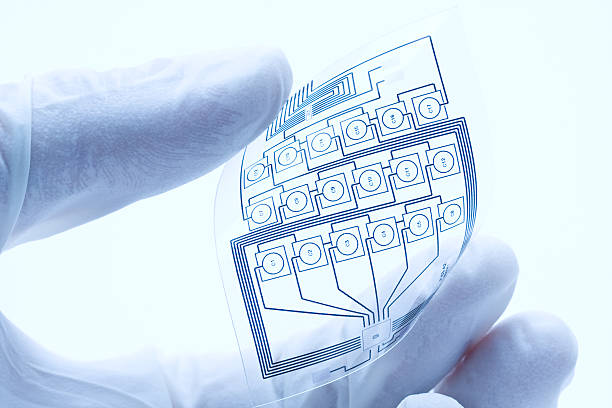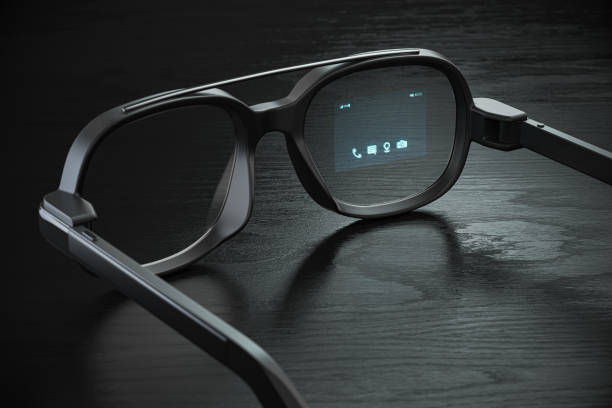Acne Treatment: Understanding Your Options for Clearer Skin
Acne is a common skin condition that affects millions of people worldwide, causing frustration and self-consciousness for many. While it's often associated with adolescence, acne can persist well into adulthood, making effective treatment crucial for individuals of all ages. This article will explore various acne treatment options, from over-the-counter solutions to professional dermatological care, helping you navigate the path to clearer, healthier skin.

What are the most effective over-the-counter acne treatments?
For mild to moderate acne, over-the-counter (OTC) treatments can be highly effective. These products typically contain active ingredients such as benzoyl peroxide, salicylic acid, or alpha-hydroxy acids. Benzoyl peroxide works by killing acne-causing bacteria and reducing inflammation, while salicylic acid helps unclog pores and exfoliate the skin. Alpha-hydroxy acids, like glycolic acid, promote cell turnover and improve skin texture. When choosing OTC products, look for non-comedogenic formulations that won’t clog pores and consider your skin type to avoid excessive dryness or irritation.
When should you consult a dermatologist for acne treatment?
If OTC treatments aren’t providing satisfactory results, or if you’re experiencing severe or persistent acne, it’s time to consult a dermatologist. Professional intervention is particularly important if you’re dealing with cystic acne, which can lead to scarring if left untreated. A dermatologist can assess your skin condition, identify underlying factors contributing to your acne, and create a personalized treatment plan. They may recommend prescription-strength topical treatments, oral medications, or in-office procedures to address your specific needs and skin type.
What prescription treatments are available for acne?
Dermatologists have a wide range of prescription treatments at their disposal to combat acne. Topical retinoids, such as tretinoin or adapalene, are vitamin A derivatives that promote cell turnover and prevent clogged pores. Prescription-strength benzoyl peroxide or antibiotics may be prescribed to target bacteria and reduce inflammation. For more severe cases, oral medications like isotretinoin (formerly known as Accutane) can be highly effective in treating resistant acne. Hormonal treatments, such as certain birth control pills or anti-androgen medications, may be recommended for women with acne related to hormonal imbalances.
How can proper skincare routines complement acne treatments?
Developing a consistent skincare routine is crucial for managing acne and maintaining overall skin health. Start with a gentle, non-comedogenic cleanser to remove excess oil and impurities without stripping the skin. Follow with a toner to balance the skin’s pH and an oil-free moisturizer to keep the skin hydrated. Incorporate acne-fighting ingredients gradually, and always use sunscreen to protect your skin from UV damage, especially when using treatments that may increase sun sensitivity. Be patient and consistent with your routine, as it can take several weeks to see noticeable improvements in your skin.
What are the latest advancements in acne treatment technology?
Recent years have seen exciting developments in acne treatment technology, offering new options for those struggling with persistent acne. Light therapy, such as blue light treatments, targets acne-causing bacteria without damaging the surrounding skin. Chemical peels can help exfoliate the skin and unclog pores, while microneedling may improve acne scars. Some dermatologists now offer specialized facials or combination therapies that incorporate multiple treatment modalities for enhanced results. These advanced treatments are typically performed in a dermatologist’s office and may be used in conjunction with traditional acne treatments for optimal outcomes.
| Treatment Type | Provider | Cost Estimation |
|---|---|---|
| OTC Topical Treatment | Various Brands (e.g., Neutrogena, La Roche-Posay) | $10 - $30 per product |
| Prescription Topical Treatment | Dermatologist | $50 - $200 per month |
| Oral Antibiotics | Dermatologist | $30 - $100 per month |
| Isotretinoin | Dermatologist | $500 - $1000 per month |
| Professional Chemical Peel | Dermatologist or Med Spa | $100 - $300 per session |
| Light Therapy | Dermatologist | $40 - $150 per session |
Prices, rates, or cost estimates mentioned in this article are based on the latest available information but may change over time. Independent research is advised before making financial decisions.
Acne treatment is a journey that often requires patience and persistence. By understanding the various treatment options available and working closely with skincare professionals, you can develop an effective strategy to manage your acne and achieve clearer, healthier-looking skin. Remember that what works for one person may not work for another, so be prepared to adjust your approach as needed. With the right combination of treatments, skincare routines, and professional guidance, you can take control of your acne and boost your confidence in your skin’s appearance.
This article is for informational purposes only and should not be considered medical advice. Please consult a qualified healthcare professional for personalized guidance and treatment.




